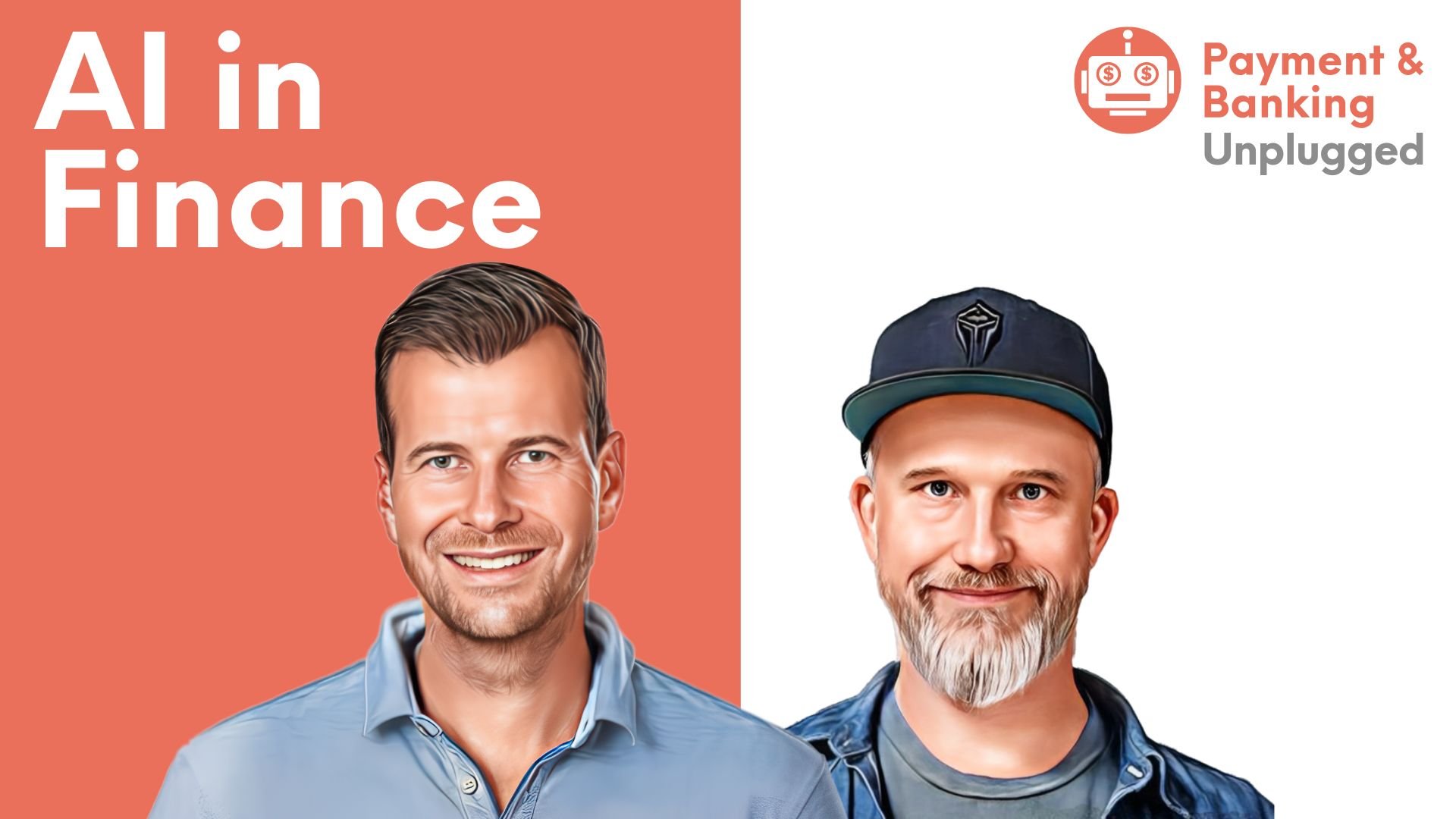Somehow it annoys us doesn´t it, that almost all digital services we regularly use and enjoy do not originate or have originated in our neighborhood. In the real world it was different for a long time and it still is in many places. Cars from Germany or Europe, furniture from Ikea and food from Edeka or Aldi.
But digitally we use players from overseas in almost all areas of life:
- Facebook / Instagram / WhatsApp
- PayPal
- Visa and Mastercard
- Apple
- Samsung
- Slack
- Salesforce
- Strava
- Amazon

And yes, there are some exceptions that are from Europe, like SAP, Spotify, Skype, mytaxi, flixbus, GetYourGuide, Zalando and n26. But all in all they are rather exceptions…
What’s the problem? Is there a reason or is it a sum of reasons?
If I had to choose a reason, it would probably be that we didn’t understand that the sentence from 2011, coined by Marc Andreessen, was so correct and true years ago and turned everything upside down: Software is eating the world!
https://a16z.com/2011/08/20/why-software-is-eating-the-world/
The consequence of this so short and simple sentence hits us in Europe probably harder than in many other regions of the world. Much of our competence lies in the more classical art of engineering, mechanical engineering and also agriculture, and not in the technology, which is getting more and more important and is the basis for almost everything we use today: The software and the data.
I would like to give you an example from a topic which is so dearly loved by us Germans: the car. Let’s compare the still existing in-car navigation with the new solutions from Apple and Android:
- Anyone who has ever used an in-car navigation system in a car and then, as a contrast program, has put their current mobile phone to the existing display in the car via an interface, knows roughly what I mean. One feels like Windows 95 and the other like a current mobile phone.
- The reason for this difference is that the In-Car Navi has the same or similar development cycles as the car itself and an update is therefore not really planned, while „Apple Car Play“ and „Android Auto“ have the dynamics of a mobile operating systems.
- The Apple Car Play and Android Auto also only costs a fraction of the comparable in-car navigation system and at the same time offers a lot more useful functions, this just as a side note.

The ever-increasing softwareization of hardware (https://paymentandbanking.com//www.zukunftsletter.de/news-archiv/die-softwareisierung-der-konsumwelt-hat-gerade-erst-begonnen-ein-weckruf-6580.html) is also a change in the way of utilization and something that is linked to the demands of the users and therefore hits us even harder.
- Software is dynamic and fast
- therefore, we expect a fast and dynamic correction of defects and unattractive features
- an app update usually comes every few days and not every two years
- Software generates data and user profiles
- While an in-car Navigation has long been more or less a black box for the manufacturer and the user (yes that’s changing right now), the software on the mobile phone is simply an extension of the car and collects data (in the sense) of the user and generates profiles.

And exactly this understanding for data and profiles is another consequence of the software dominated world besides the need for speed.
And yes, dear doubters:
It is not a bad thing to use data in the sense of the user and to create profiles that make the use of services better in total.
Derived from the use of software, another element has moved into the focus of successful offers: the so-called and very stressed user experience. Meanwhile, no panel, lecture or new product can take place without the user experience as a topic. But what does it mean?
Maik, out of the team, once put it in a nutshell by saying: „You can do that, but then it just sucks“.
What does it mean?
We as users are tired of using mediocre or badly made products and above all software – half-good or loveless designed software is no longer so easily accepted and e.g. deleted from the mobile phone. In recent years, Apple has set standards for the world with its iPod and then its iPhone, as well as its own apps.

And all of this we have not really learned, in Germany and Europe, and that is why it is so difficult for us to create digital champions. Our core know-how continues to be great, but when it comes to the user – the main player – our skills fail, or we are overtaken by others.
I’m also afraid that in the coming wave, which is even more about data and which is subsumed under AI, it will be difficult for us to catch up. Those who have not internalized the handling of data will have a hard time becoming the best in the field of AI.
There are two things that are added as well:
- The mindset of (most decision makers)
- Jochen, out of the team, has perfectly described this perfectly in 2017 in his seven deadly sins of digitalization. Unfortunately, little has changed… https://paymentandbanking.com/die-7-todsuenden-der-digitalisierung/
- In a nutshell, he describes the inability of most German managers to „manage“ real innovations.
- The underestimation of network effects. Almost all digital markets are network markets. These are leading to a tendency towards monopolization. Amazon, Google, Apple and Co know how to strategically use network effects.
- Everyone is talking about platforms and ecosystems. But just because I claim to be one of them doesn’t mean I am one. If in network markets every bank develops its own platform, everyone will fail.
- Everyone is underestimating the negative network effects and the phenomenon of critical mass. Again, it’s nice to see this in the current discussion about German and local payment solutions in a global digital world.

And now it’s all over? Do we put our heads in the sand? No, please don’t! Let us courageously take things on and attack where it is worthwhile
Points where we see a real chance:
For example, we still have a chance in banking – and I am deliberately not talking about „the global bank“ from Germany, but about banking. Germany has long been a true innovator in this field. Open banking, which has just been much discussed, is actually a German invention from the 90s of the last millennium. But we have to be careful that we don’t suffer the same fate here as in other industries in which we were at the forefront at the beginning (e.g. mobility with mytaxi and Callabike, television with Löwe and Telefunken, home computers with Nixdorf, mobile phones with Siemens, mail order business with Otto and Quelle).
In Open Banking, providers from other countries are also coming to Germany and Europe with full force and deep pockets and could be the biggest beneficiaries of the upcoming change. We are currently even tending to curtail our competitive advantage by cutting data that was previously taken for granted by customers, infantilize them and massively complicating access. Reductio ad absurdum. The German banks speak of data theft by third parties and are sawing on the branch/competitive advantage on which they sit.
But what is the reason for the fact that it is not our innovations that are conquering the world, but that they often have such a hard time outside their respective core markets?
A few thesis
- Europe is still not seen and understood as a market
- Austria is celebrated e.g. as a real expansion in press releases
- The individual European countries are too small
- As a result, European start-ups find it difficult to demonstrate exponential growth.
- The few who managed to push global innovations in Europe (Skype/Spotify etc) come from small countries and think or develop from day 1 internationally. The same can be seen e.g. from the many global digital innovations from small Israel.
- Innovators like to be fought rather than promoted
- A few examples
- Sofort Überweisung
- Open Banking API providers like us with figo
- Mytaxi
- So instead of being able to concentrate on growth and the product and thus build a European or even worldwide champion, we like to put stones in our path and make it very difficult for innovations that are „made in Germany“.
- A few examples

- We deny the change, are afraid of our own disruption and are fed up.
- We underestimate the power of network effects in our industry → in the others yes, but does not apply to us
- We are too greedy and want immediately majorities in StartUps and with that we break them
- We still think too strongly inside-out of the concern FOR the customer, instead of outside-in thinking of the customer and market. Apple, Amazon, PaypPal and co were and are much more successful with customer-centric strategies.
- Corporate policy is more important than
entrepreneurship
- Managers do not think long-term but want to sail into the next port
- Digital initiatives of corporates are not managed like start-ups but like a department with classic corporate governance.
- Classical reorganization cycles with a duration of only 2-3 years including responsibility, are too short for startups that scale in 8-10 years. Sustainability is killed by changed responsibility in concerns after reorganizations.
- Successes are demanded too quickly. „After all, we invested in this start-up 4 months ago. Where are the results?
- We don’t have our own ecosystem that makes new ideas big and rewards them / gives the necessary exponential boost, as is the Silicon Valley network on the one hand and the state in Asia on the other hand.
- We first regulate and try to innovate on the basis of this, instead of first trying out and then regulating, which really is necessary.
- New products and ideas are developed in the back room and continued in working groups.
- We believe that the customer belongs to us and always follows us willingly.
- We prefer to sell companies rather than invest in them and make them big.
There is a lot
to do on many levels – let´s do it :-)



